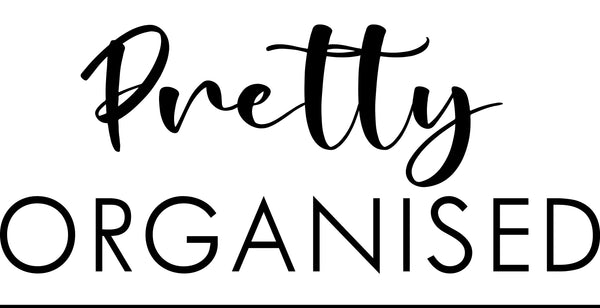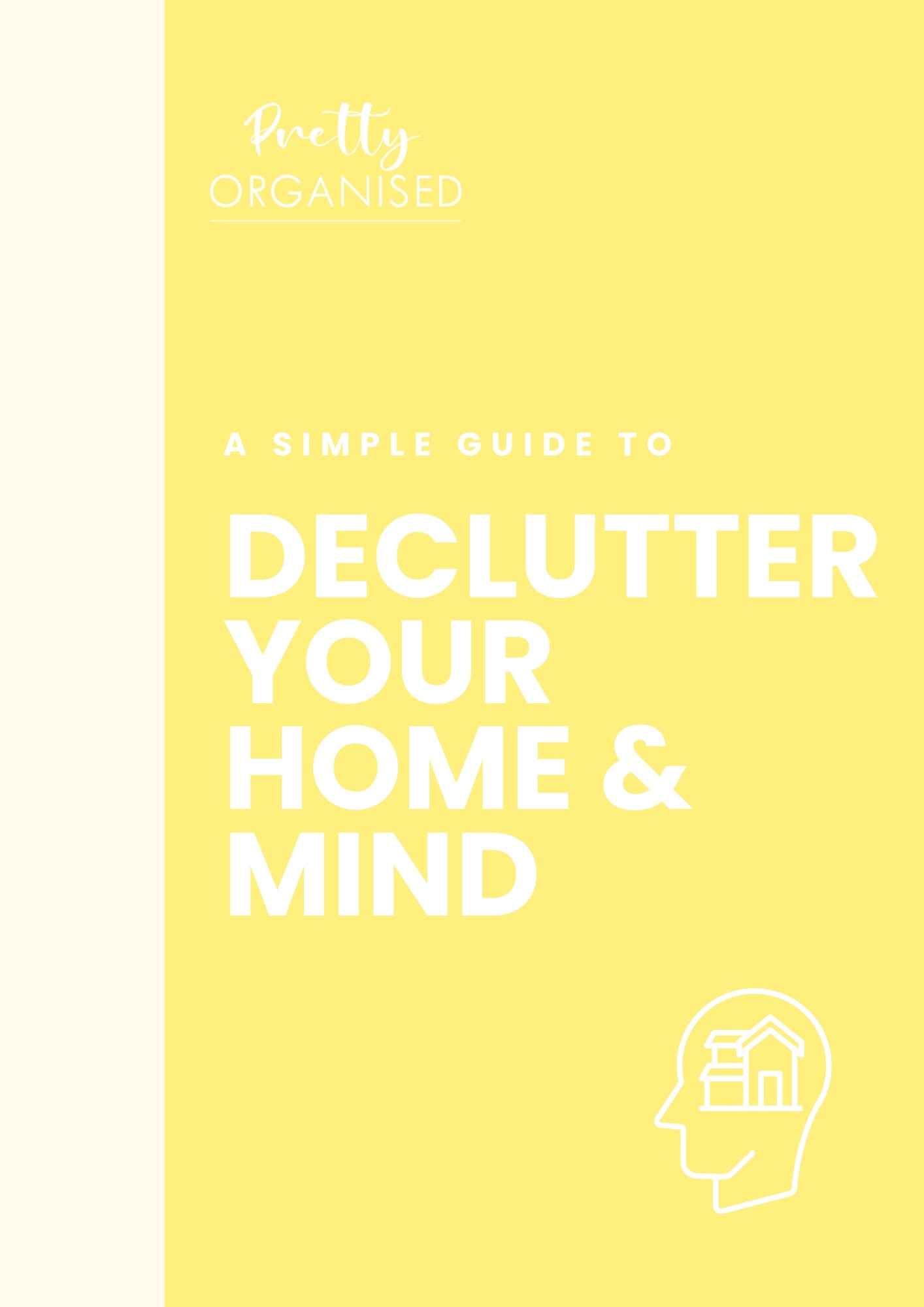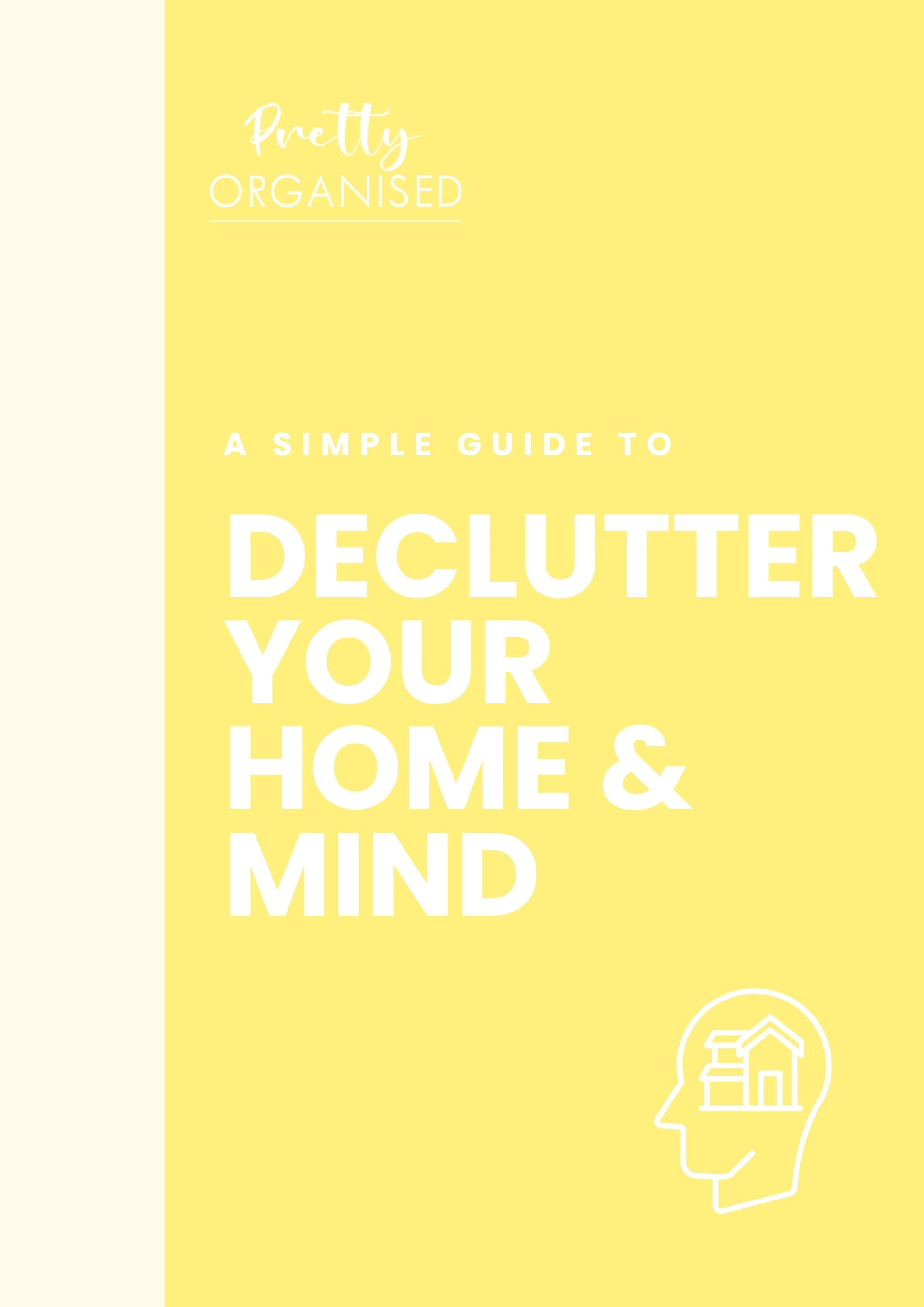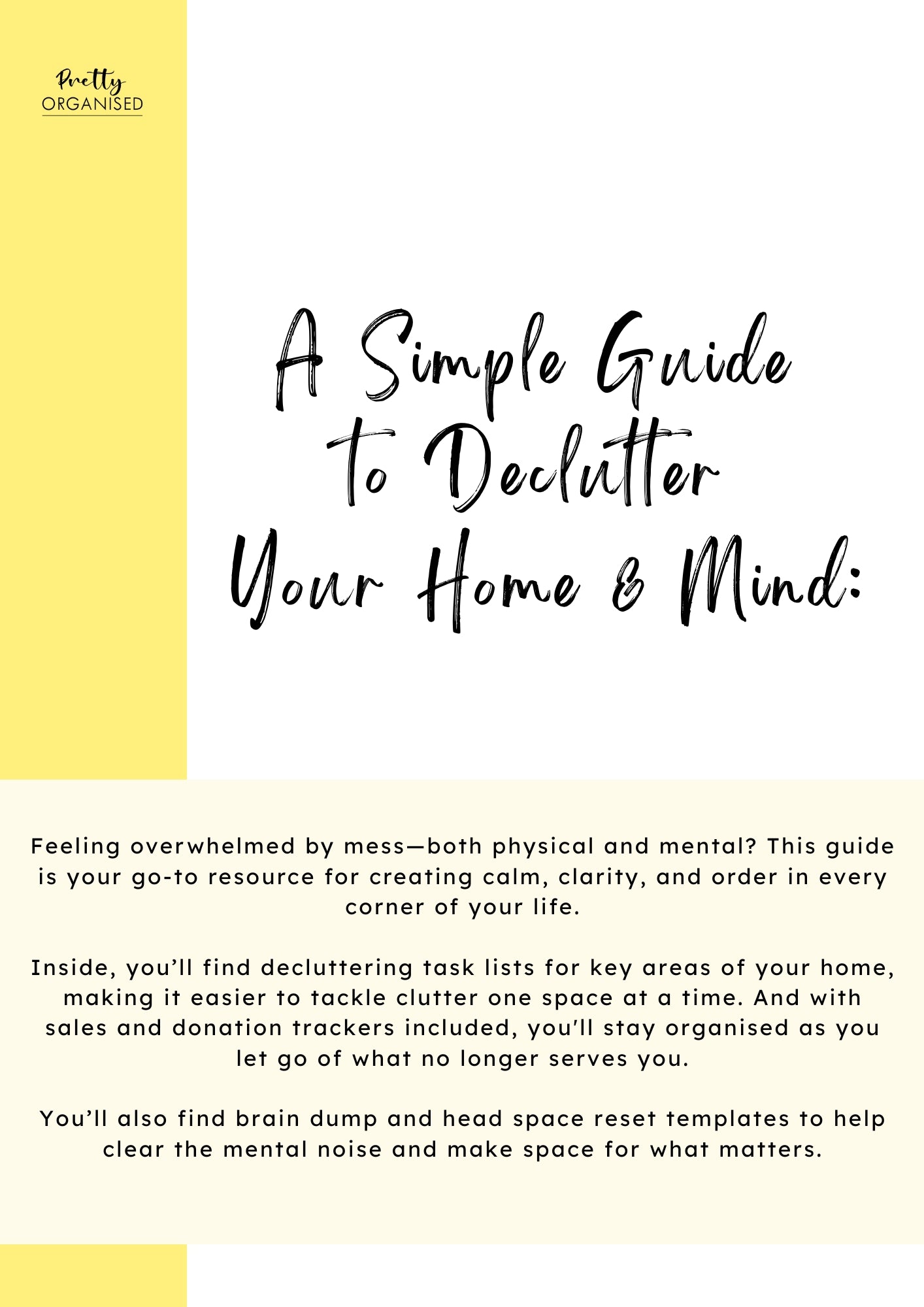Decision Fatigue: What It Is and How Organisation Can Help
Share
Every day, we’re faced with hundreds of choices. From what to wear, to what to cook for dinner, to how to tackle our to-do lists — decisions are constant. While many seem small, they add up quickly and can leave us feeling drained, overwhelmed, and unmotivated. This state is known as decision fatigue, and it’s more common than you might think.
What is Decision Fatigue?
Decision fatigue happens when the quality of your decisions deteriorates after a long session of decision-making. Essentially, the more choices you make throughout the day, the harder it becomes to make good ones. It’s why you might feel sharp and productive in the morning, but by the afternoon you’re reaching for takeaway instead of cooking a healthy meal.
It’s not laziness — it’s simply your brain getting tired. And the more clutter and chaos you have around you, the more decisions you’re forced to make.
Signs You Might Be Experiencing Decision Fatigue
- Struggling to make even small choices (like what to eat or wear).
- Feeling mentally drained or irritable.
- Procrastinating on simple tasks.
- Defaulting to the easiest option (which isn’t always the best one).
Tips to Overcome Decision Fatigue
The good news is, there are practical steps you can take to reduce decision fatigue and protect your mental energy.
-
Streamline your routines
Create set routines for common daily tasks. For example, a morning routine that flows without much thought or a set weekly meal plan. -
Plan ahead
Reduce the number of on-the-spot decisions by planning in advance. Lay out clothes the night before, prep meals on Sunday, or create a daily to-do list. -
Prioritise important decisions
Try to tackle bigger decisions earlier in the day when your mind is fresh. -
Limit your options
Too much choice can be overwhelming. Streamline your wardrobe, pantry, and even your digital files so you’re only working with what you truly need. -
Take breaks
Rest is essential. Short breaks throughout the day give your brain the chance to reset.
How Organisation Helps Reduce Decision Fatigue
When your home and routines are organised, you naturally make fewer micro-decisions throughout the day. For example:
- Pantry organisation means you instantly see what ingredients you have — no wasted time hunting or second-guessing dinner options.
- Wardrobe organisation makes it easy to grab an outfit without sorting through piles of clothes.
- Clear systems for paperwork, kids’ school gear, or household items save you from constantly asking, “Where does this go?”
Every small system you put in place gives your brain a rest from those constant little choices. That means you’ve got more energy left for the things that matter most.
Final Thoughts
Decision fatigue doesn’t mean you’re failing — it’s a normal response to the modern world and the endless choices we face. By streamlining your routines, planning ahead, and creating organised systems in your home, you’ll reduce the number of daily decisions you need to make. The result? Less stress, more clarity, and more energy for what really matters.



